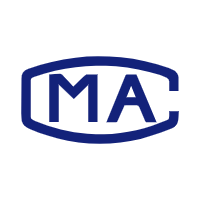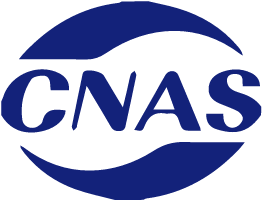<ul id="yy6ca"></ul> <del id="yy6ca"></del> 
basic introduction
The automotive cyclic corrosion test effectively simulates changes in the atmospheric temperature and humidity, and adds harsh weather factors such as simulated rainfall and high humidity, so that daily coatings and coated products can withstand more severe corrosion and erosion in a shorter period of time. In order to better present the experimental effect and result performance that fit the user's formal use conditions.
The main material of the car is composed of metal materials, such as steel and aluminum. These metal materials will gradually corrode during use, which will not only affect the appearance of the decoration, but also affect the function and safety of the product. The cyclic corrosion test is a salt spray test that is more realistic than the traditional constant-state exposure. This is because the actual outdoor exposure usually includes wet and dry environments. By simulating these natural and periodic conditions, we make the laboratory Accelerated testing makes sense.
With years of experience and accumulation, we provide efficient inspection services to car companies and parts suppliers, so that ZRLK can have a pre-judgment for parts in the first time, so as to inform customers in time of matters that need attention.
Our advantage
1. With a professional qualification and experienced expert technical team, we can provide you with professional consultation and services.
2. Have advanced laboratory equipment to ensure the accuracy and reliability of test data.
3. As a third-party testing and certification organization trusted by customers worldwide, we are your certificate of quality.
common problem
What is the difference between single-condition corrosion and cyclic corrosion?
Single condition corrosion: To achieve high humidity environment corrosion under high chloride ion, there is a certain gap between the actual user use effect of the car.
Cyclic corrosion: Through self-conversion between different temperatures and humidity, adding spraying conditions and high humidity condensation, to simulate the severe weather changes of the atmospheric environment within 24 hours, making the experiment more suitable for users.
What are the influencing factors of the corrosion experiment?
The major factors that affect the corrosion experiment are: the concentration of chloride ions in unit volume and time, the angle of the sample, the temperature and humidity of the experiment (the higher the temperature and humidity, the stronger), the pretreatment and auxiliary use during the detection process Reagents, etc.


BSCI certification is an abbreviation of BusinessSocialComplianceInitiative, and Chinese is called business social standard certification. BSCI is an organization that advocates the business community to abide by social responsibility. At the same time, it is a non-profit organization.

CMA, the name is \"China Metrology Accreditation\", the abbreviation of \"China Metrology Accreditation\" in English. According to the provisions of Article 22 of the Metrology Law of the People’s Republic of China: “The product quality inspection agency that provides notarized data to the society must be evaluated by the metrological administrative department of the people’s government at or above the provincial level for the capability and reliability of metrological verification and testing. Qualified.\"

Laboratory accreditation is a third-party certification that CNAS has the ability to perform specific testing and calibration work for testing and calibration laboratories.
The automotive cyclic corrosion test effectively simulates changes in the atmospheric temperature and humidity, and adds harsh weather factors such as simulated rainfall and high humidity, so that daily coatings and coated products can withstand more severe corrosion and erosion in a shorter period of time.
Get a quote